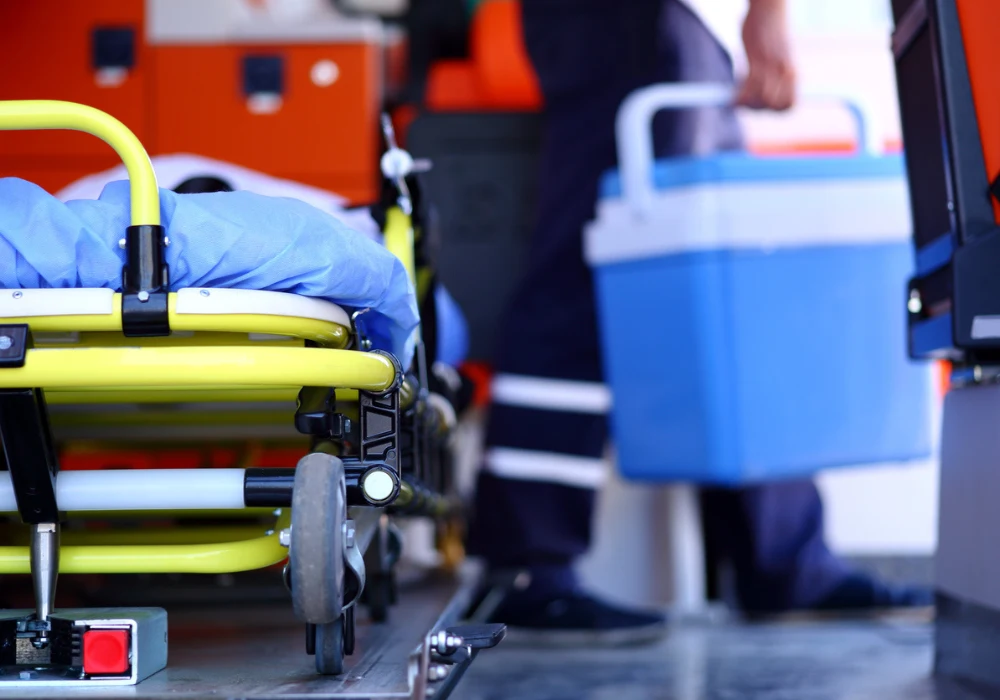Transplant surgeons continuously grapple with the daunting challenge of organ shortages, a struggle exacerbated by the Covid-19 pandemic. Technological advancements and medical research have improved post-transplant survival rates, but these successes have also heightened the organ demand. Innovative techniques and data-driven approaches are essential to address this issue. While promising, cutting-edge methods require extensive research and exploration to ensure their safety and efficacy. Transplantation experts rely on predictive analytics to turn these opportunities into life-saving realities.
Sociological factors also play a crucial role in organ donation. Donors often experience emotional and psychological impacts, whether they are donating in memory of a loved one or as a selfless act of community service. Medical professionals must support these individuals through counselling and robust support systems. Similarly, recipients face anxiety and fear during the waiting period and the subsequent responsibility of receiving an organ. Transparent communication and clear psychological evaluations are vital in preparing both donors and recipients for the emotional journey of organ transplantation.
Innovation at the Crossroads: Strategies for a Sustainable Future
Addressing organ shortages involves more than just deceased donor programmes. Living donation programmes have become a reliable source of organs, with generous individuals donating kidneys or portions of their livers. However, these programmes raise ethical concerns regarding the autonomy of donors and the potential for coercion. Ensuring donors' decisions are genuinely autonomous requires thorough pre-donation counselling and comprehensive follow-up care to prioritise their health and well-being.
Newer initiatives like paired donation programmes also offer solutions by connecting incompatible donor-recipient pairs with others to increase compatibility matches. This expanded network helps healthcare professionals identify more viable matches, ultimately increasing the number of life-saving transplants. Additionally, experts are exploring machine perfusion techniques and the development of artificial organs. These advancements aim to preserve organs longer and create biocompatible materials, further enhancing the potential to save lives. With these innovations, both recipients and donors can feel more optimistic about the transplantation process.
Policy and Educational Growth in Organ Donation
Raising awareness about the critical need for organs requires a collective effort from the community, public campaigns, and policymakers. Public awareness campaigns can highlight the importance of organ donation and its impact on saving lives. Policymakers can implement protocols like controlled donation after circulatory death (DCD) programmes to reassure donors and their families that their contributions are valued and effectively utilised.
Educational campaigns are also essential in debunking misconceptions about organ donation. Community leaders can reach out to various communities to educate them about the donation process. Personal stories from donors and recipients can inspire others to consider becoming organ donors. Healthcare professionals play a crucial role in these efforts by discussing the process with patients and their families, addressing concerns, and providing accurate information in a safe and supportive environment. Open conversations between medical professionals and the public can lead to a better understanding of organ donation, preparing families for a potentially transformative experience.
Despite the numerous challenges, medical professionals and transplant experts remain dedicated to finding solutions. Significant progress is being made through relentless research and exploration of preservation techniques and alternative organ sources. Every day, new advancements bring hope that more patients will receive the life-saving transplants they need, building a future where organ shortages are no longer an insurmountable obstacle.
Source: MedCity News
Image Credit: iStock






